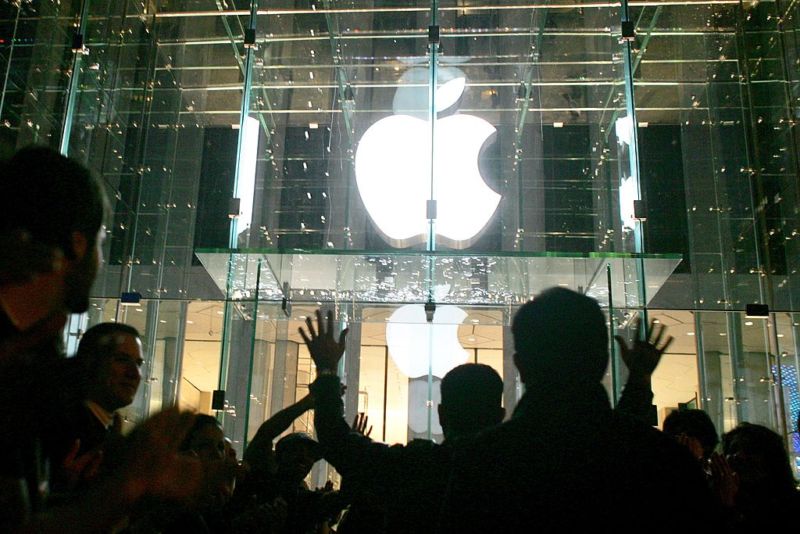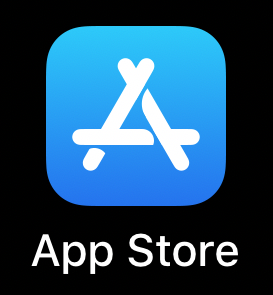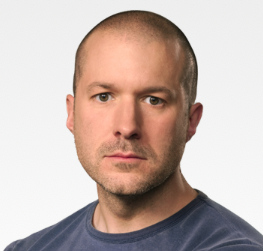
Jony Ive, Apple's chief design officer, might want to take a lesson in creativity from Apple's lawyers.
The iPhone is beautiful, and we all know that. But Apple's response to an App Store antitrust lawsuit brought by consumers may take your breath away. Cupertino argues that it should not have to face a class-action lawsuit that accuses the iPhone maker of overcharging consumers for iOS apps in the Apple App Store (a monopolistic environment, the suit claims). The core argument in Apple's defense is so creative that the Supreme Court on Tuesday asked President Donald Trump's administration for its views on whether Apple's position before the Supreme Court is correct.
The antitrust ABCs
But before we get to how Ive is being one-upped on the creativity scale by others on Apple's payroll, we first must start with a basic understanding of the nuanced legal framework of antitrust law.
This 2011 class-action alleges Apple charges unlawfully huge commissions to developers for iOS apps sold in the App Store. According to the antitrust lawsuit that a federal appeals court in January allowed to advance, the 30-percent commissions Apple takes on app sales results in inflated consumer prices.
According to the suit, Apple does not allow app makers to sell iPhone apps through channels other than the App Store, and Apple threatens to cut off App Store sales to any developer who violates this prohibition. What's more, according to the suit, Apple discourages iPhone owners from downloading unapproved apps by jailbreaking their phones. Apple threatens to void iPhone warranties to iPhone owners who jailbreak their devices.
Apple initially got the lower courts to dismiss the case, arguing that App Store customers don't have the legal right to sue in court. But the San Francisco-based 9th US Circuit Court of Appeals reinstated (PDF) the case and didn't buy Apple's defense whatsoever.
Cut to the chase
In antitrust law, the issue of who may sue in federal court boils down to who the direct victims of alleged monopolistic behavior are.
The controlling Supreme Court precedent on the topic dates to 1977, when the high court limited corporations' exposure to antitrust suits. According to the precedent set in Illinois Brick v. Illinois, only "the overcharged direct purchaser, and not others in the chain of manufacture or distribution," has the legal standing to sue.

The theory behind this precedent is to prevent companies accused of monopolist pricing from being sued over every step of the distribution process. This means that the "direct purchaser" of the initial downstream sale has standing to sue on antitrust allegations.
This Illinois Brick decision, for example, stopped consumers nearly two decades ago from suing Microsoft in federal court over monopolistic practices connected to Windows because the operating system was purchased directly by OEMs. These Original Equipment Manufacturers were the "direct purchasers" of the software, and that group included the program with their hardware before reselling it to consumers—the "indirect purchasers."
"Software distribution services"
In the Apple App store litigation, the lawsuit alleges consumers are the "direct purchaser" of iOS apps from Apple. And here's where Apple's defense puts Ive's creativity to shame: Apple claims consumers don't buy developers' apps directly from Apple when they purchase apps in the Apple App Store.

The 9th US Circuit Court of Appeals, however, scoffed at the analogy:
In Apple’s view, because it sells distribution services to app developers, it cannot simultaneously be a distributor of apps to app purchasers. Apple analogizes its role to the role of an owner of a shopping mall that "leases physical space to various stores." Apple’s analogy is unconvincing. In the case before us, third-party developers of iPhone apps do not have their own "stores." Indeed, part of the anti-competitive behavior alleged by Plaintiffs is that, far from allowing iPhone app developers to sell through their own "stores," Apple specifically forbids them to do so, instead requiring them to sell iPhone apps only through Apple’s App Store.
The court continued:
Apple is a distributor of the iPhone apps, selling them directly to purchasers through its App Store. Because Apple is a distributor, Plaintiffs have standing under Illinois Brick to sue Apple for allegedly monopolizing and attempting to monopolize the sale of iPhone apps.
To this backdrop, the Supreme Court's justices have asked a branch of the Justice Department to weigh in on the case.
"The Solicitor General is invited to file a brief in this case expressing the views of the United States," the court ordered. (PDF)
Creativity versus reality
Even with this degree of novelty, this might not be the most creative legal argument we've seen Apple's lawyers assert.
Ahead of a 2010 decision by federal regulators to legalize mobile phone jailbreaking, Apple had cautioned US Copyright Office officials that doing so would have "potentially catastrophic" (PDF) consequences because hackers wielding jailbroken iPhones might take down the nation's mobile phone networks.
With a jailbroken iPhone, Apple told the US Copyright Office, "a local or international hacker could potentially initiate commands (such as a denial of service attack) that could crash the tower software, rendering the tower entirely inoperable to process calls or transmit data." Apple said that the ability to take full control of an iPhone "would be much the equivalent of getting inside the firewall of a corporate computer—to potentially catastrophic result."
We're not even sure if that argument takes the cake, however. Consider the argument Apple made months ago when urging Nebraska lawmakers to set aside a proposed right to repair law that would require companies like Apple to make their service manuals, diagnostic tools, and parts available to consumers and repair shops—and not just select suppliers.
Apple claimed that the law would render Nebraska the "mecca" for illicit tinkering and "would make it very easy for hackers to relocate to Nebraska."
reader comments
170